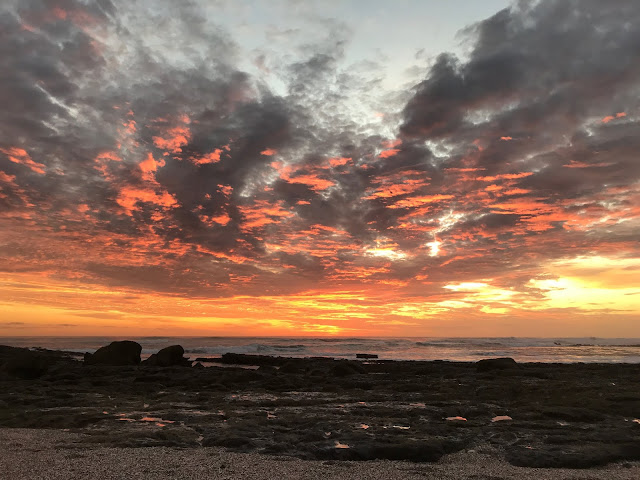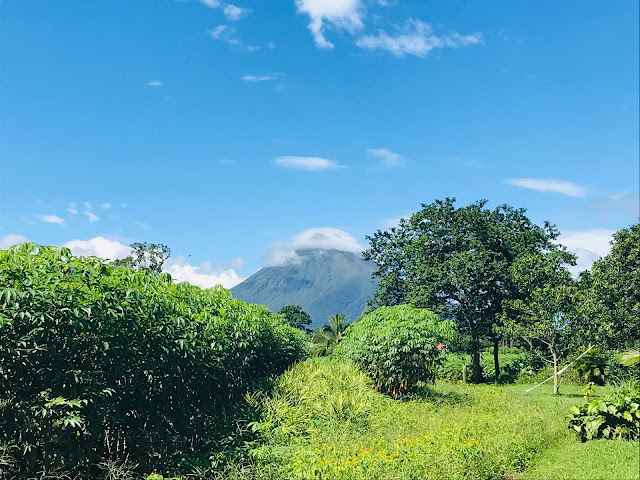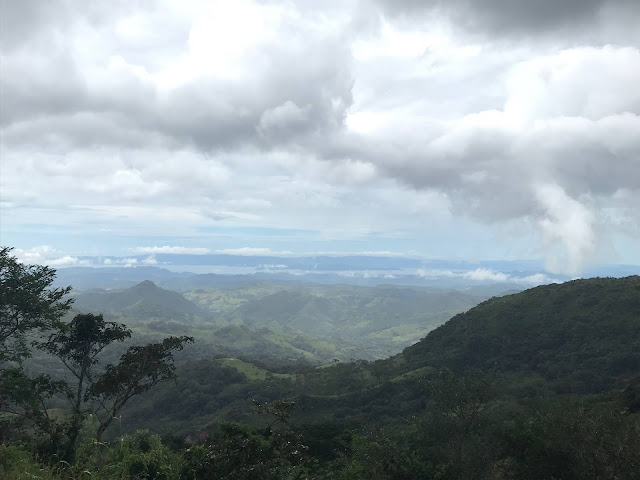Bhutan: Tango monastery - Climbing to Learn

 One of my main goals for this trip is to immerse in Buddhism and to discover as many monasteries as possible. Close to the capital city Thimphu, is Tango monastery, which offers everything. The climb is around 2-3 hours but the path is absolutely mind-blowing. The monks have built a path to the monastery, which is also a path of Buddhist teachings - the higher you climb, the more you learn. There are numerous hidden signs along the way with selected teachings of Buddha and life. My favorite ones are that "Happiness is not something already made. It comes from your own actions." and that "In the practice of tolerance, one's enemy is the best teacher."
One of my main goals for this trip is to immerse in Buddhism and to discover as many monasteries as possible. Close to the capital city Thimphu, is Tango monastery, which offers everything. The climb is around 2-3 hours but the path is absolutely mind-blowing. The monks have built a path to the monastery, which is also a path of Buddhist teachings - the higher you climb, the more you learn. There are numerous hidden signs along the way with selected teachings of Buddha and life. My favorite ones are that "Happiness is not something already made. It comes from your own actions." and that "In the practice of tolerance, one's enemy is the best teacher." The monastery is impossible to reach by any sort of transportation. Like all other monasteries in Bhutan - I am fascinated by the idea how they were built at first place. Nowadays there is a "Cable way", which connects the bottom of the mountain with somewhere close to the monastery. There is a big basket moving along this cable and people send products and food to the monks whenever the weather is very bad and the monks cannot go to the "near" town (around 4 hours away).
The monastery is impossible to reach by any sort of transportation. Like all other monasteries in Bhutan - I am fascinated by the idea how they were built at first place. Nowadays there is a "Cable way", which connects the bottom of the mountain with somewhere close to the monastery. There is a big basket moving along this cable and people send products and food to the monks whenever the weather is very bad and the monks cannot go to the "near" town (around 4 hours away). There are many monks along the "discovery" path. Generally it's interesting that the society/the government funds everything related to the monasteries in Bhutan and the life of the monks, including - all monks have iPhones. I tried to investigate what they use them for but did not really find a very concrete answer.
There are many monks along the "discovery" path. Generally it's interesting that the society/the government funds everything related to the monasteries in Bhutan and the life of the monks, including - all monks have iPhones. I tried to investigate what they use them for but did not really find a very concrete answer. Monks and nuns ("female monks") go to the monastery at a very early age - sometimes as early as 7-8 years old. It is a great honor for the family to have a monk in the house and also, accomplished monks are the ones with possibly highest education in the society. They sometimes choose and sometimes accept this path. However, like all young people, who are not monks, monks and nuns go through the same teenage emotions and wonderings. Sometimes they would chat with their peers on the phone, sometimes they would fall in love... I am not informed enough to have a deeper view on the life of monks and nuns in Bhutan but my own impression is that while they learn to lead and to understand the notion of a noble life, they tend to go through experiences like all other people.
Monks and nuns ("female monks") go to the monastery at a very early age - sometimes as early as 7-8 years old. It is a great honor for the family to have a monk in the house and also, accomplished monks are the ones with possibly highest education in the society. They sometimes choose and sometimes accept this path. However, like all young people, who are not monks, monks and nuns go through the same teenage emotions and wonderings. Sometimes they would chat with their peers on the phone, sometimes they would fall in love... I am not informed enough to have a deeper view on the life of monks and nuns in Bhutan but my own impression is that while they learn to lead and to understand the notion of a noble life, they tend to go through experiences like all other people. At the monastery, we get as an offering tea and some simple grilled rice, which sounds very unattractive but indeed with a very small quantity one feels full and has no thoughts for further culinary indulgence. Food in Bhutan is generally very simple, very natural and very tasty. Unless you decide to go for the Bhutanese chillies, which will send you to the sky (and not with enlightenment!) , there are almost no exotic spice - just very fresh and home grown meat and vegetables.
At the monastery, we get as an offering tea and some simple grilled rice, which sounds very unattractive but indeed with a very small quantity one feels full and has no thoughts for further culinary indulgence. Food in Bhutan is generally very simple, very natural and very tasty. Unless you decide to go for the Bhutanese chillies, which will send you to the sky (and not with enlightenment!) , there are almost no exotic spice - just very fresh and home grown meat and vegetables.I am accompanied everywhere by my guide - Tashi, and my (own) driver - Namge. I am basically not allowed to go anywhere on my own. That has its good and bad sides. I am never on my own, but at least I can always ask a local person all questions that come to my head (and those who know me, know that I always have toooons of questions in my head :) ). Tashi and Namge are good boys at my age and we quickly get on well with each other...which doesn't change the fact that I do enjoy my Kalina time.
Finally...almost every person in Bhutan is named ... Tashi. If one wonders what the name of someone was, just go for Tashi and there is a high likelihood of success.



